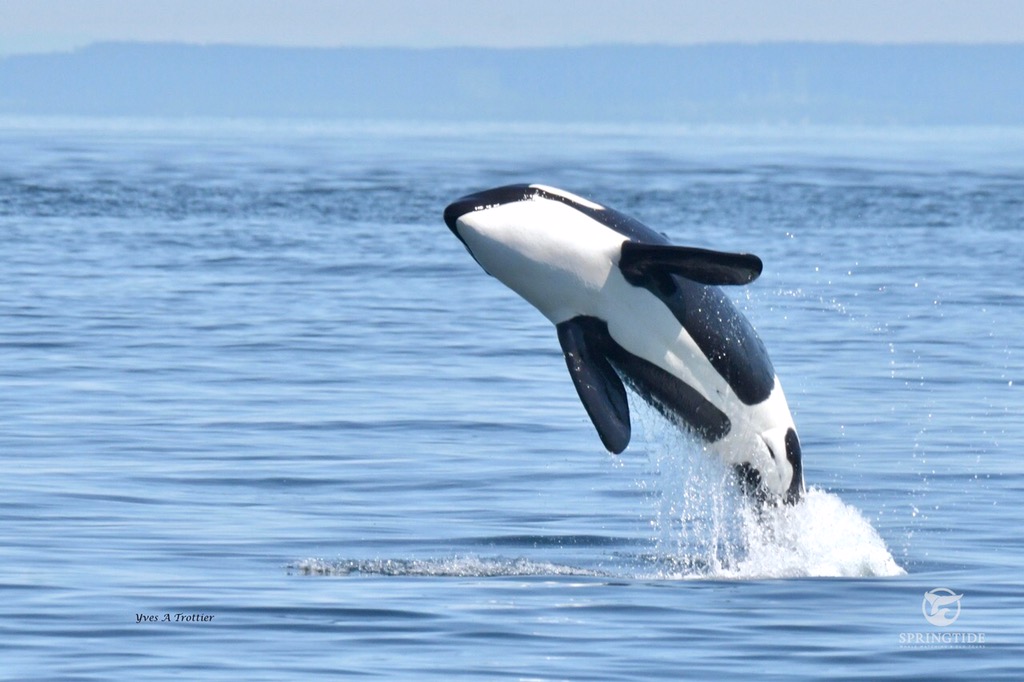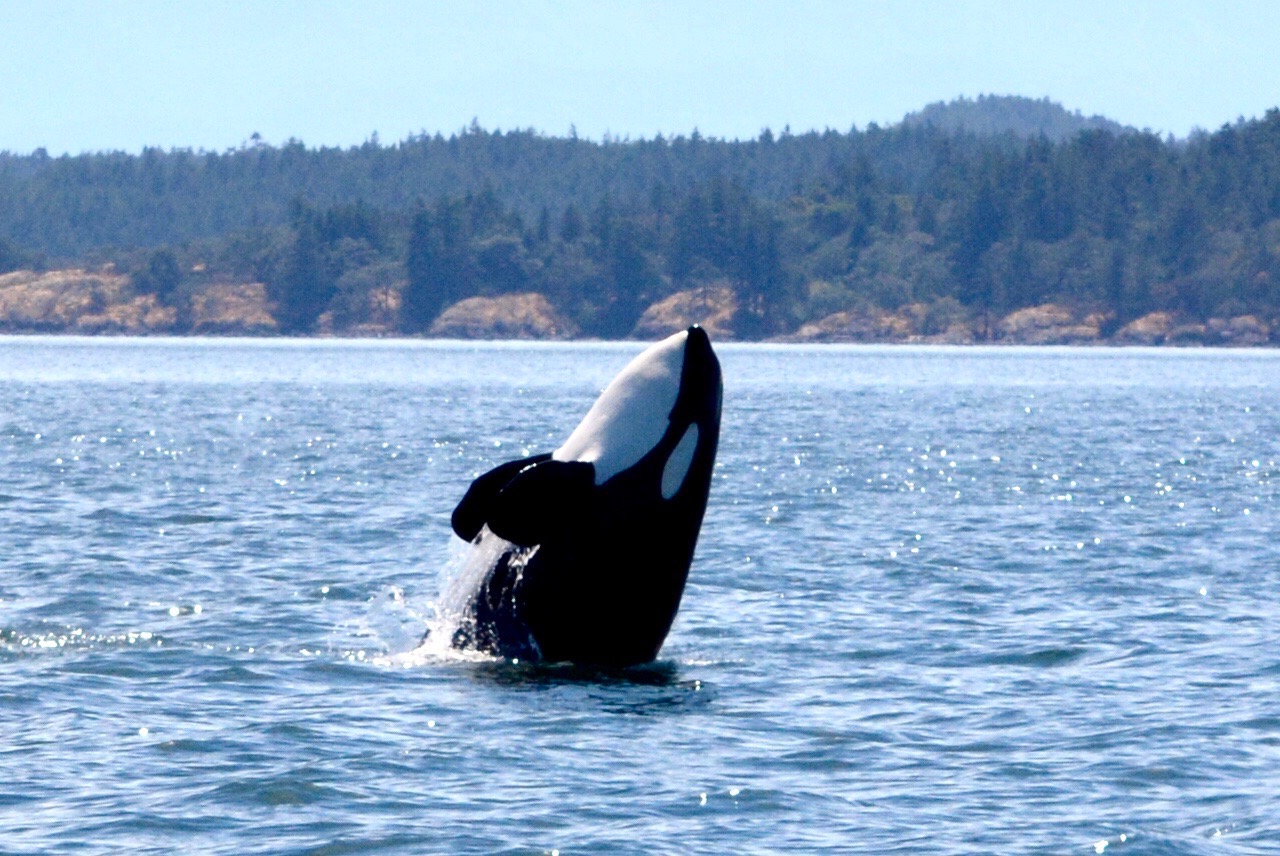How to Help the Southern Resident Killer Whales
After our recent blog post on who the Southern Residents are we thought our guests might be interested to know what they can do to help our neighbours in the sea. Luckily, since there are so many conservation organizations out there dedicated to helping keep these whales safe, there is also an abundance of information for how to do that. Many of these tips are common suggestions given to any environmentally conscious individual, but it never hurts to be reminded.

- Consider volunteering: the National Oceanic and Atmospheric Administration has compiled a list of organizations taking volunteers. The duties required vary depending on the organization, but there’s definitely uses for every helping hand!
- Look into what’s on your plate: not all seafood is created equal! The National Oceanic and Atmospheric Administration recommends using their FishWatch sustainability profiles to research what you’re eating.
- Be mindful of your waste: This is the most popular tip for those wanting to reduce their ecological footprint, but it’s often easier said than done. There are simple, small changes one can like: Don’t flush medications, scoop pet feces, If you’re going for a swim, be sure to use ocean safe sunscreen! Drive less; walk, cycle or take public transportation more. Reduce your material consumption in general. Bring reusable cups for your coffee. Thrift your clothes. Donate or repurpose unused items instead of throwing them out
- Take steps to reduce stormwater run off. King’s County in Washington has a fantastic information page on how you can do this.
- Give wild animals their space: When you’re out on a boat with SpringTide, you can rest assured that we are always following the appropriate protocols to protect wildlife. When you’re out on your own, however, continue to be mindful. The best way to do this is to remember: “Leave only footprints” & “keep your distance.”
- Use your voice: It’s one of the most powerful tools you have! Write to businesses and companies you support and make your concerns known. Write to your local politicians, members of parliament, and town councils.
We hope these tips have helped you. Supporting sustainable, environmentally conscious, and educational ecotourism is another great way to help the whales – and there’s no better place to do it than SpringTide!
Works consulted and more information:
“The Sea Stewards Handbook” by the National Oceanic and Atmospheric Administration. https://media.fisheries.noaa.gov/dam-migration/2019515_-_sea_stewards_handbook.pdf
“Stormwater runoff pollution and how to reduce it” (n.d.). King’s County. https://kingcounty.gov/en/dept/dnrp/nature-recreation/environment-ecology-conservation/stormwater-surface-water-management/stormwater-in-king-county/stormwater-runoff
“Sustainable Seafood: Search Sustainable Seafood Profiles” (n.d.). National Oceanic and Atmospheric Administration. https://www.fisheries.noaa.gov/topic/sustainable-seafood/seafood-profiles
“Saving the Southern Resident Killer Whales” (n.d.). National Oceanic and Atmospheric Administration. https://www.fisheries.noaa.gov/west-coast/endangered-species-conservation/saving-southern-resident-killer-whales
“Taking Action for the Southern Resident Killer Whales.” Brochure by the National Oceanic and Atmospheric Administration.
